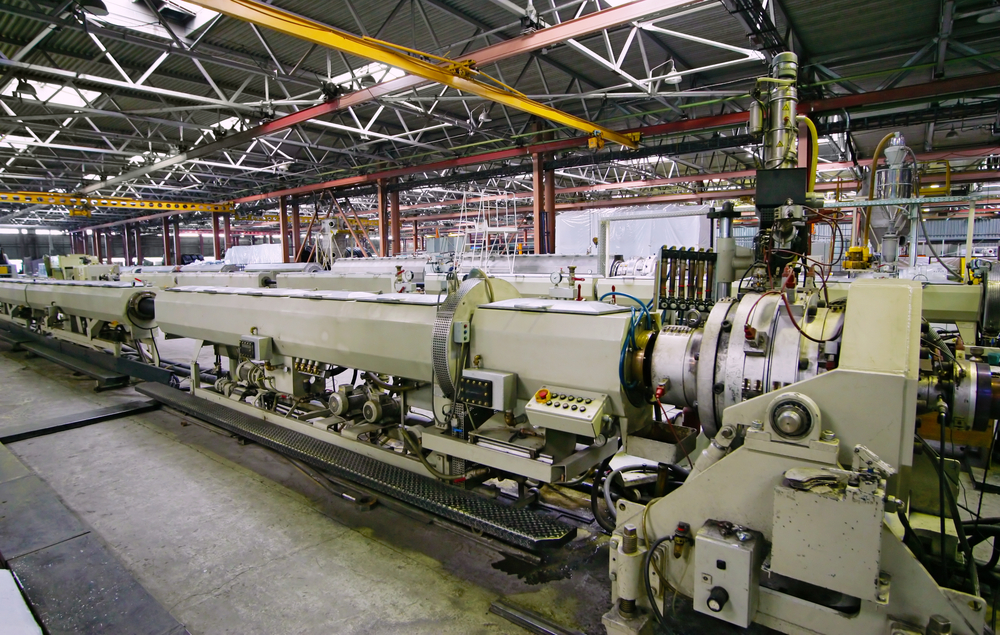
Plastics Industry Struggles to Deal with Major Labor Shortage
Capital expenditure has increased in the plastics industry in recent years because businesses have realized the benefits of using it over operational expenditures. U.S. businesses in plastics spent $4.1 billion on CapEx in 2015 and $7.4 billion on CapEx in 2019....
Labor shortages are vast, and there isn’t a single industry immune to the problem. The plastics industry is no different as it too struggles to deal with labor shortages. As a result, companies like United Solutions have inventory levels at all-time lows. Their supply can’t meet the influx of demand, so they are forced to dip into their inventory.
So, what’s the deal? Why can’t companies within the plastics industry find reliable machine operators?
5 Reasons Why There is a Labor Shortage in the Plastics Industry
There are numerous reasons why there is a labor shortage in the plastics industry and beyond. It is hard to put that answer into a box because there are so many variables at play. The world is still in a pandemic. Inflation trends started at the beginning of the pandemic and have yet to swing around in a positive direction, according to PIIE.
Aside from dealing with pandemic restrictions on businesses, other clear factors are contributing to labor shortages in the plastics industry:
- Millennials were pushed to go to college for so long that there aren’t enough young and trained machine operators for hire.
- New technological advancements create new jobs that need to be filled, which has intensified the demand for labor across the country.
- More industry workers retire each year than are hired on.
- Workers prefer to work from home now or live in a big city rather than a rural area.
Lastly, sudden and strong consumer demand could cause a labor shortage as well. The industry wouldn’t necessarily expect this effect to last long enough to reflect a price increase, but it’s hard to say at this time.
What’s Next for the Plastics Industry?
When it comes to a long-lasting labor shortage, there are only a handful of solutions left for companies: the most obvious solution, price increases. When supply doesn’t meet demand, companies have no choice but to increase the prices of their products.
There are a few things that could help to avoid this for consumers:
- Companies could use firms to find suitable workers ready to work on short notice
- Weekly hour averages could increase with mandatory overtime
- Productivity could jump somehow
Seeing how the options above aren’t sustainable or efficient for company morale or even viable options, to begin with, consumers can likely bank on a price increase across the board on plastics unless something changes soon.
The plastics industry labor shortage might seem industry-focused; and inherently, it is. However, it is a macroeconomic issue as well as a microeconomic issue. Therefore, resolving this issue will take more than a few quick tips found in an article. Consumers and business owners alike must stay tuned to see where this journey takes the industry.
How can we help you?
Are you hiring a manager for a plastic producer or distributor looking for top sales talent in the industry? Submit a search request today.
Are you a top producing salesperson considering a new role in the plastics industry? Contact us to discuss your career path or browse our open positions.
